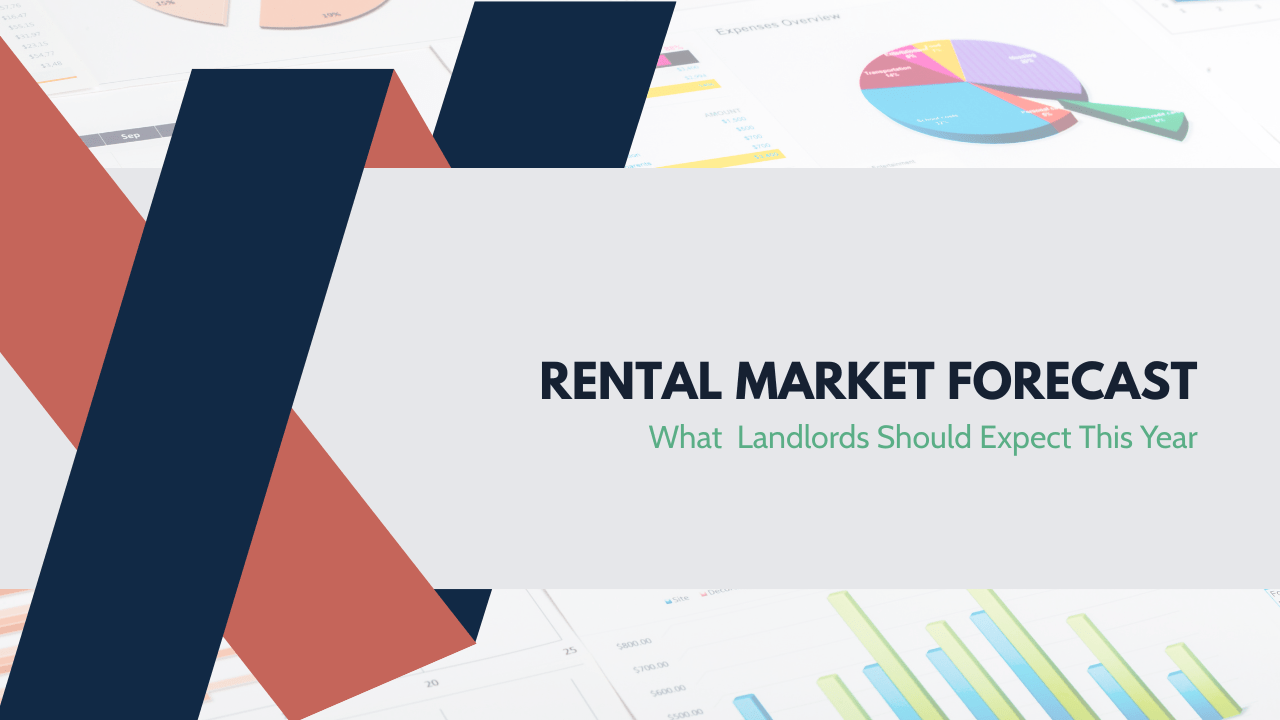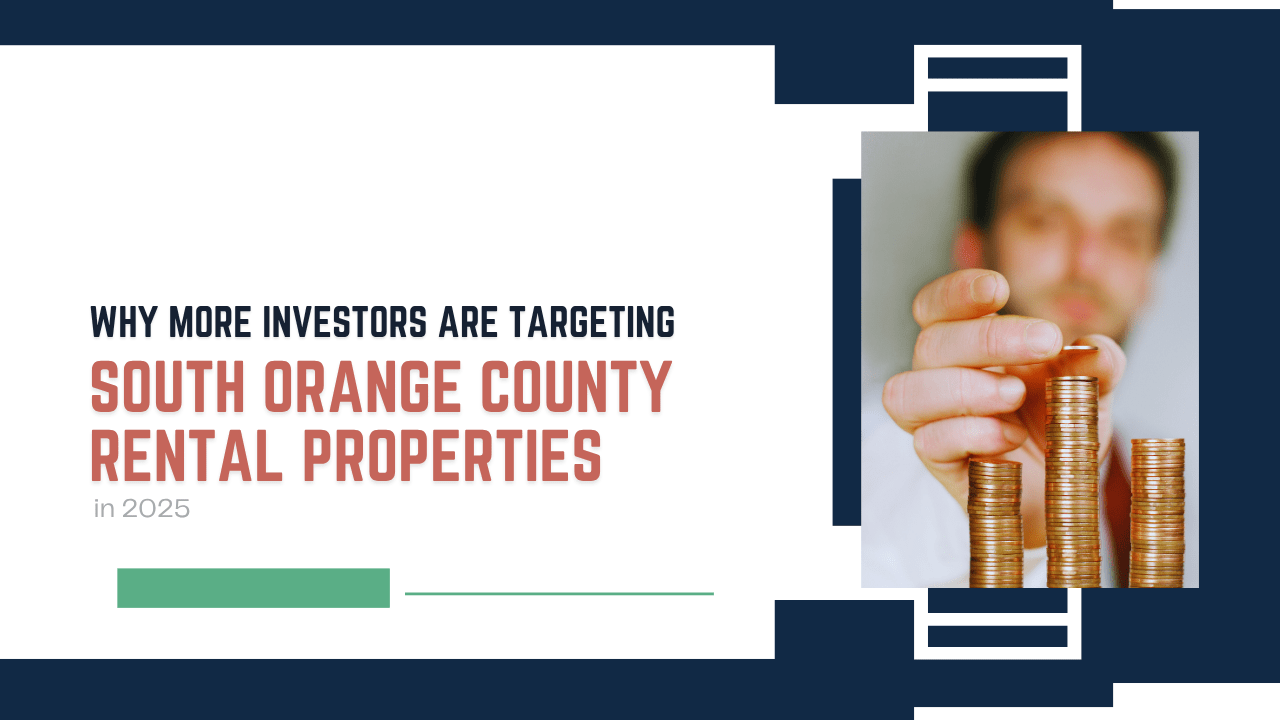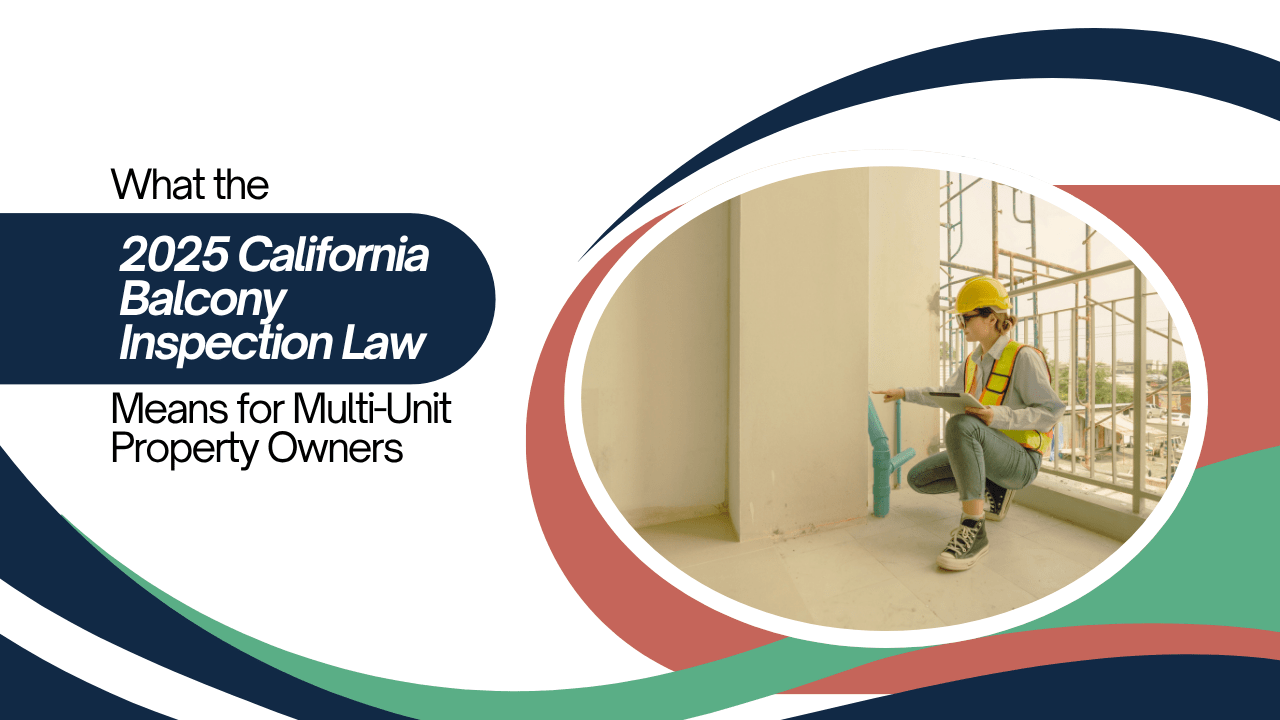California rental laws have never been easy to navigate. We have some of the strictest and most detailed tenant protections in the entire U.S. Whether you’ve been renting out homes for years or you’re just getting started, it’s important to understand how crucial legal compliance is. Not knowing the law is never an excuse for breaking it.
When you invest in a rental property in California, it’s important that you have at least a basic understanding of landlord and tenant laws. Otherwise, you can make a pretty serious (and expensive) legal mistake.
There are many laws that have been in place for decades. Fair housing laws, for example, have been on the books since the 1960s. We’ve had statewide rent control since 2020. But, even existing laws are getting consistent updates. The laws are always changing.
We pay attention, we stay educated, and we keep up so that our owners and investors know that we’re keeping them compliant.
Instead of writing about the most basic rental laws that you likely already know, we want to spend some time digging into California’s latest laws. Some of them may surprise you.
AB 12: Security Deposit Limits Are Changing
Landlords in California have become comfortable with the idea that they can charge up to two months of rent as a security deposit on an unfurnished home they’re renting out. If you’re renting out a furnished property, your security deposit, for a long time, could be the equivalent of
three months’ rent.
Not anymore.
Recently, AB 12 was signed into law. This law limits the amount you can collect in a security deposit at the beginning of a tenancy. The new law, which takes effect in July of 2024, only allows you to collect the equivalent of one month’s rent - whether your property is furnished or unfurnished.
The math is pretty easy, but here’s an example. If your rent is $3,500, then the security deposit you collect can be no more than $3,500.
There is an exception to this new limit. If you do not rent out more than two properties and a total of four rental units, you can request up to two months’ rent as a security deposit.
That’s the new law that you need to be aware of. This is a good opportunity, however, to review some of the existing security deposit laws that still ring true:
It’s imperative that you understand how to collect and return security deposits. In our experience as property managers, we have found that this is an area where a lot of property owners make mistakes, and tenants will be quick to file a complaint or push back against any deductions you might make against their deposits. Make sure you’re documenting every step of the process and that you know the law. If it seems overwhelming, make sure you’re
getting support from your management company.
AB 1418: Evictions Based on Alleged Criminal Activity
Q: What’s a crime-free ordinance?
A: Most “crime-free” ordinances are police-sponsored programs that create closer collaboration between police departments and landlords. Under the authority of these housing ordinances, landlords were encouraged to refuse to rent to prospective tenants with a criminal history.
This year, such programs have been outlawed as discriminatory.
AB 1418 prohibits cities and counties from enacting local policies that:
The law also prohibits a local government from imposing a penalty against a resident, owner, tenant, landlord, or other person solely as a consequence of contact with a law enforcement agency.
This isn’t a law that dictates what you do as a landlord. This law prohibits other laws, policies, or rules from being made that would require an eviction in certain cases. You can still perform criminal background checks, and you can still create rental criteria that include consideration of felony convictions. This law simply prevents other, discriminatory laws from being implemented that would force an eviction under certain circumstances.
SB 567: No-Fault Just-Cause Evictions
The SB 567 law, which went into effect on April 1, 2024, tightens up the requirements for a landlord to terminate a tenancy under the Tenant Protection Act (TPA) for no-fault evictions based upon owner move-in or substantial remodeling.
Properties covered by the TPA have separate rules and standards for just-cause eviction and no-fault eviction:
This law has been in effect since January of 2024, and if you have not already become familiar with it, you need to now. These motorized bikes and scooters have grown in popularity, and we’re seeing more and more of them.
SB 712 makes it unlawful for you as the property owner to prohibit your tenant from owning personal micro-mobility devices. You cannot prohibit them from storing them at your property, either. You’re also required to allow your tenants to charge a single electric mobility device in their dwelling unit. Each person occupying that unit has the right to charge a single device, subject to certain conditions and exceptions.
Personal micro-mobility devices are generally e-bikes, but can also be scooters, hover boards, skateboards, and e-scooters.
Essentially, this law is saying that you cannot ban the storage and recharging of personal micro-mobility devices on the property as long as those devices are not powered by an electric motor. They also must comply with certain safety standards for e-bikes and e-scooters.
If the device does not comply with safety standards, the tenant must have insurance that covers the storage of the device inside the rental home.
What are those safety standards?
The law allows you to provide tenants with exterior storage for their devices as long as it’s secure and available for the long term. If such storage is offered without charge, landlords can prohibit the in-unit storage of these devices. So, you can either provide space for these items or allow your tenant to keep them inside of your rental property.
SB 4: Affordable Housing on Tax-Exempt Land
SB 4 is a state law that removes barriers on churches, religious organizations, and non-profit colleges to build affordable multi-family housing on their land. This law streamlines the permit process and allows builders and the institutions who are putting this housing on their land to override some local zoning requirements.
This is the Affordable Housing on Faith Lands Act, which has also been called “Yes, In God’s Backyard” by lawmakers. The idea is that more affordable housing will come onto the market faster.
The bill also guarantees “by-right” approval of new homes, as long as they are consistent with all objective building standards and comply with current environmental protections. However, the law does allow developers a little extra room when it comes to those environmental protections. For example, the bill will restructure the way the California Environmental Quality Act is used. There had been complaints that this law was often invoked to block these types of homes.
Any housing built under SB 4 must be deed-restricted affordable for a minimum of 55 years for rental properties, and 45 years for homes offered for ownership. Density and height restrictions must align with appropriate standards for affordable housing under existing California housing laws.
AB 1620: Reasonable Accommodation for Physical Disability
Owners of rent-controlled units are required to allow a tenant with a permanent physical disability to relocate to an available comparable or smaller unit located on an accessible floor of the property and retain their same rental rate.
This law went into effect in January of 2024. What, exactly, does it mean? AB 1620 deals with rent control and accessibility.
It’s basically trading in one rental home for another, without having to pay more in rent. The rental value would not change for the tenant with a disability. You could not charge more rent, even if they’re moving into a larger or more updated home. If it’s an accessible unit, they have the right to this accommodation, and for their rent to stay the same.
This process would only be available to tenants in rent-controlled units who:
If you’re wondering what the procedure would look like whereby a tenant makes such a request, here’s how it shakes out:
- The tenant would request a reasonable accommodation and talk to the landlord, ultimately providing a written request for a unit swap to an accessible unit.
- It would have to be documented through an interactive process negotiation that the move to an accessible unit is necessary to accommodate the tenant's physical disability.
- There would need to be an available comparable or smaller unit located on an accessible floor of the same building, or a comparable accessible unit owned by the same landlord on the same parcel (with at least four other units), that does not require renovation to comply with existing Health and Safety Code requirements.
- The local rent board or body with oversight of the rent control ordinance determines that the owner will continue to receive a fair rate of return for the new unit.
- The tenant's original security deposit would be handled in accordance with existing law governing security deposits, meaning the landlord would be able to take out any legally permissible reimbursements for costs associated with cleaning or repairing the unit. This would not include normal wear and tear. The balance of the deposit would be returned to the tenant, and that tenant would provide a new security deposit for the new unit.
Fair housing laws and disability rights are especially complicated for a lot of rental property owners. If you’re in doubt at all about what’s required of you, make sure you consult with a landlord/tenant attorney or an
experienced local property manager.
AB 1317: Parking
The bill defines “unbundled parking” as the practice of selling or leasing parking spaces separate from the lease of the residential use. You cannot increase rent for parking nor can you include the cost of parking in your rental amount.
Exemptions to this bill include residential properties with individual garages that are functionally a part of the property and housing developments where 100% of the units, exclusive of any manager’s unit or units, are restricted as affordable housing for persons and families of low or moderate income.
Contact us at Niguel Point Properties with questions about these new laws or any other federal or state regulations.









